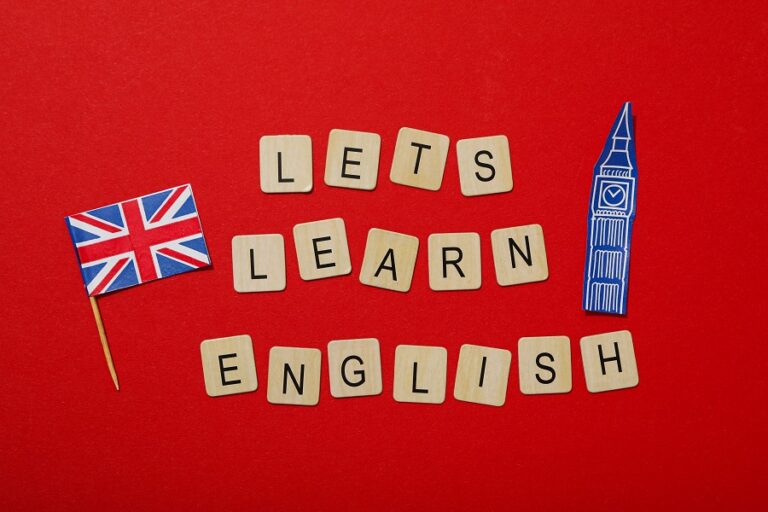Offline Educational Games for Students at Home and Classroom
In a world full of screens and digital distractions, offline educational games offer a refreshing way for students to learn and have fun without technology. These games are especially useful in classrooms or home settings where internet access may be limited or when screen-free time is needed.
Offline learning games help children develop problem-solving skills, teamwork, memory, language, and creativity. From board games to simple classroom activities, these educational tools provide hands-on learning experiences that support academic growth in a fun and engaging way.
Here’s a list of some of the best offline educational games that students can enjoy both at home and in the classroom.
1. Scrabble
Scrabble is a classic word game that helps improve vocabulary, spelling, and word formation. Each player creates words from letter tiles, earning points based on word length and difficulty.
Scrabble is perfect for classroom competitions, family game nights, or English language learning. It challenges students to think creatively and explore new words while having fun.
Great for: Language development, spelling practice, and vocabulary building
2. Math Bingo
Math Bingo turns a regular bingo game into a math challenge. Instead of calling numbers, the teacher or parent calls out a math problem, and players mark the correct answer on their cards.
This game can be customized to include addition, subtraction, multiplication, or division based on the student’s grade level. It makes math practice enjoyable and competitive.
Great for: Quick mental math, number recognition, and classroom warm-ups
3. Pictionary (Educational Version)
Pictionary is a drawing game where players draw words or phrases while others guess what it is. For an educational twist, use vocabulary from current subjects like science, history, or English.
This game improves creativity, communication, and comprehension. It can be played in teams, making it perfect for classrooms or group learning at home.
Great for: Vocabulary building, creative thinking, and group interaction
4. Flashcard Challenge
Flashcards are simple but effective for memorizing important facts. Create flashcards for any subject—math formulas, science definitions, historical dates, or language translations.
Play in pairs or teams where one student shows a flashcard and the other has to answer quickly. You can also organize flashcard races to make it more exciting.
Great for: Exam preparation, fast recall, and repetition-based learning
5. Spelling Bee
A traditional spelling bee is still one of the most effective offline games for language learning. Students take turns spelling words aloud. Difficulty can be adjusted based on grade level.
You can add categories like animals, countries, or scientific terms to make it more theme-based. This game helps improve concentration, pronunciation, and spelling accuracy.
Great for: English classes, language learners, and vocabulary enhancement
6. Board Games like BrainBox
BrainBox games are designed to improve memory and subject-specific knowledge. Each card contains information on a topic (like history, science, or geography), and players have a limited time to study it before answering questions.
It’s ideal for group play, and it helps improve observation, memory, and comprehension in a short time. There are many BrainBox versions tailored to different subjects and age groups.
Great for: Subject review, memory training, and family study sessions
7. Simon Says (Educational Style)
Simon Says is a fun movement game that can be customized to include educational commands. For example, “Simon says spell ‘elephant’” or “Simon says solve 5 + 3.”
This is a great game for younger students to build listening skills and reinforce what they’ve learned while staying physically active.
Great for: Kindergarten and primary school learners, movement-based learning
8. Scavenger Hunt (Learning Edition)
A scavenger hunt doesn’t have to be just about finding hidden items. Turn it into an academic challenge by hiding clues that require solving problems or answering questions.
For example, students may have to solve a math equation or identify a science fact to find the next clue. This game encourages movement, critical thinking, and teamwork.
Great for: Team-building, creativity, and interdisciplinary learning
9. Who Am I?
In this guessing game, a student wears a card on their forehead with the name of a historical figure, animal, or concept, and asks yes/no questions to figure out who or what they are.
This game supports logical thinking and enhances general knowledge in a fun, engaging way. It works well in both classrooms and small group settings at home.
Great for: History, science, vocabulary, and classroom interaction
10. Classroom Jeopardy
Inspired by the TV quiz show, Classroom Jeopardy allows students to compete in teams and answer subject-related questions under different categories and difficulty levels.
This game can be adapted to any topic and used as a review tool before exams. It promotes team collaboration, quick recall, and friendly competition.
Great for: Review sessions, team learning, and test preparation
Why Offline Games Matter
Offline educational games are valuable because they don’t require screens, electricity, or internet. They help balance digital learning with physical, social, and mental engagement.
In home settings, offline games encourage family interaction and reduce screen time. In classrooms, they help build teamwork and boost student participation. These games also support different learning styles, including kinesthetic and visual learners.
Offline games also reduce the pressure of formal study and allow students to learn at their own pace in a stress-free environment.
Conclusion
Offline educational games are a smart way to make learning enjoyable without relying on technology. Whether you’re a teacher looking to energize your classroom or a parent searching for meaningful home activities, these games provide the perfect solution.
From Scrabble to scavenger hunts, these games cover a wide range of subjects and skills. They help students think critically, work together, and most importantly, enjoy the learning process.
Fly Chess will continue to explore and share the best games that support students in every way—on screen and off. Stay tuned for more learning ideas, game guides, and educational resources.






